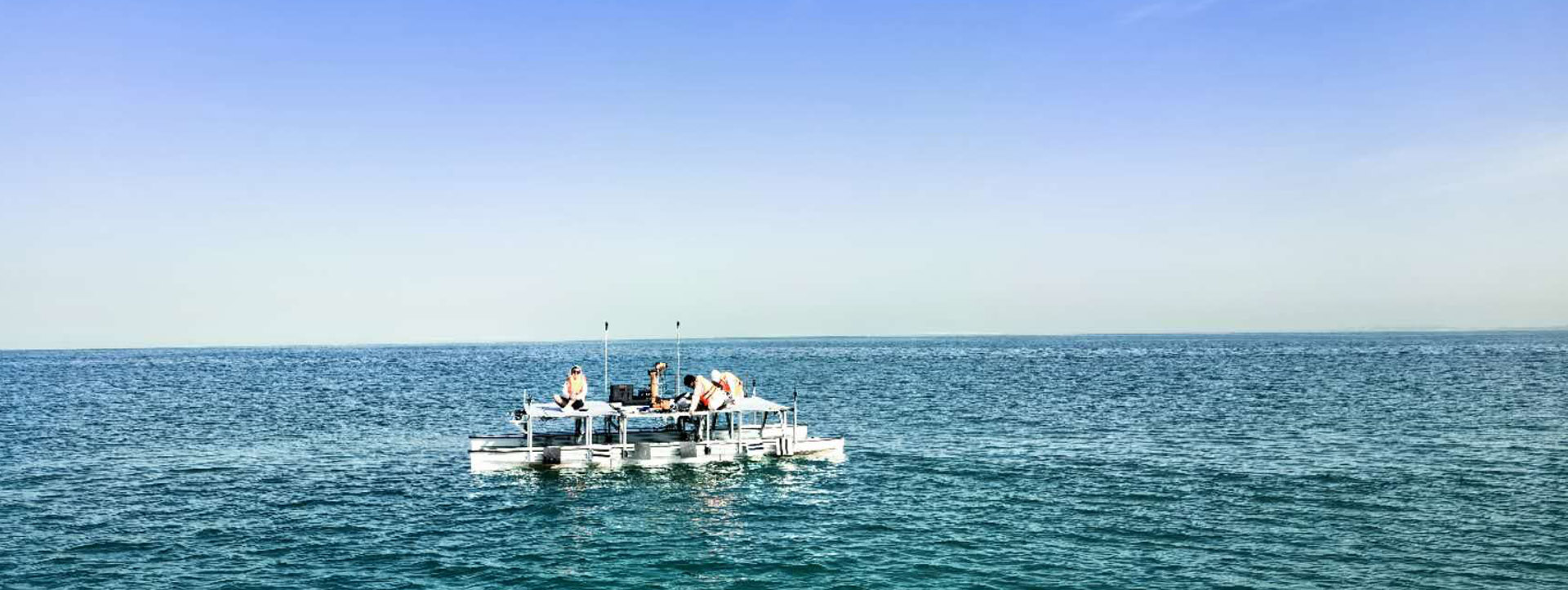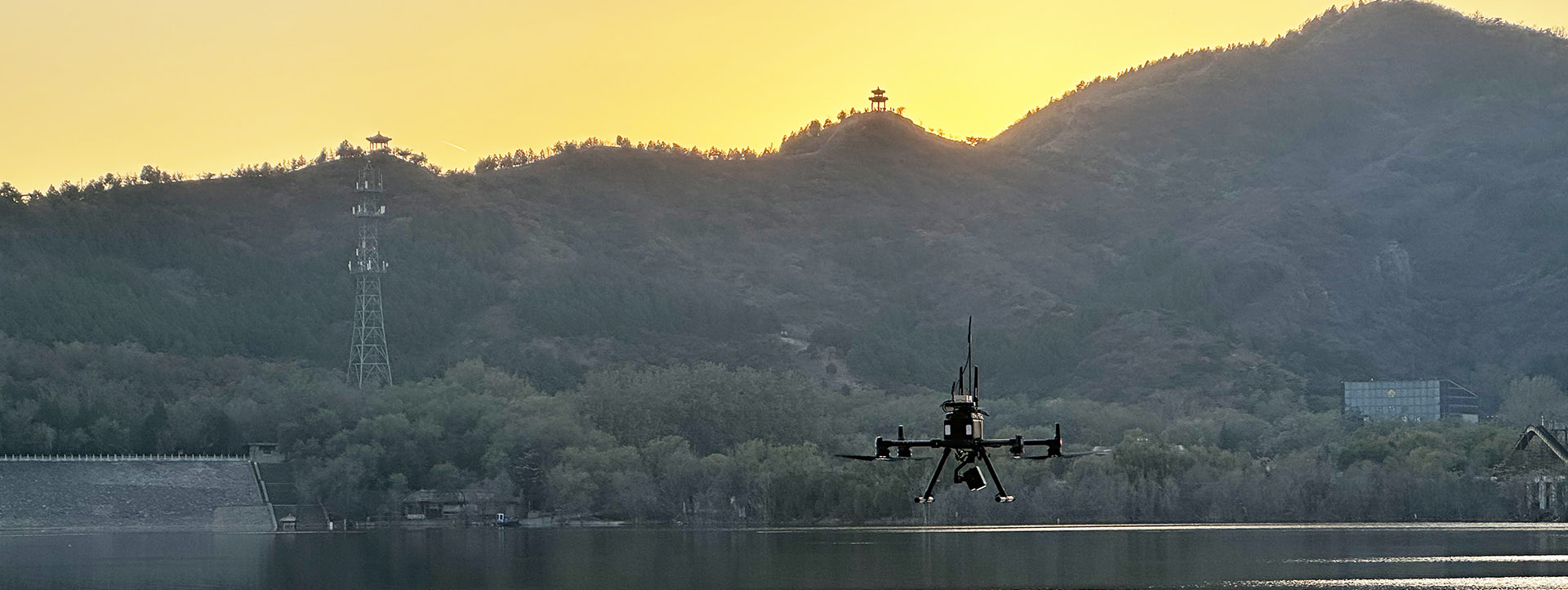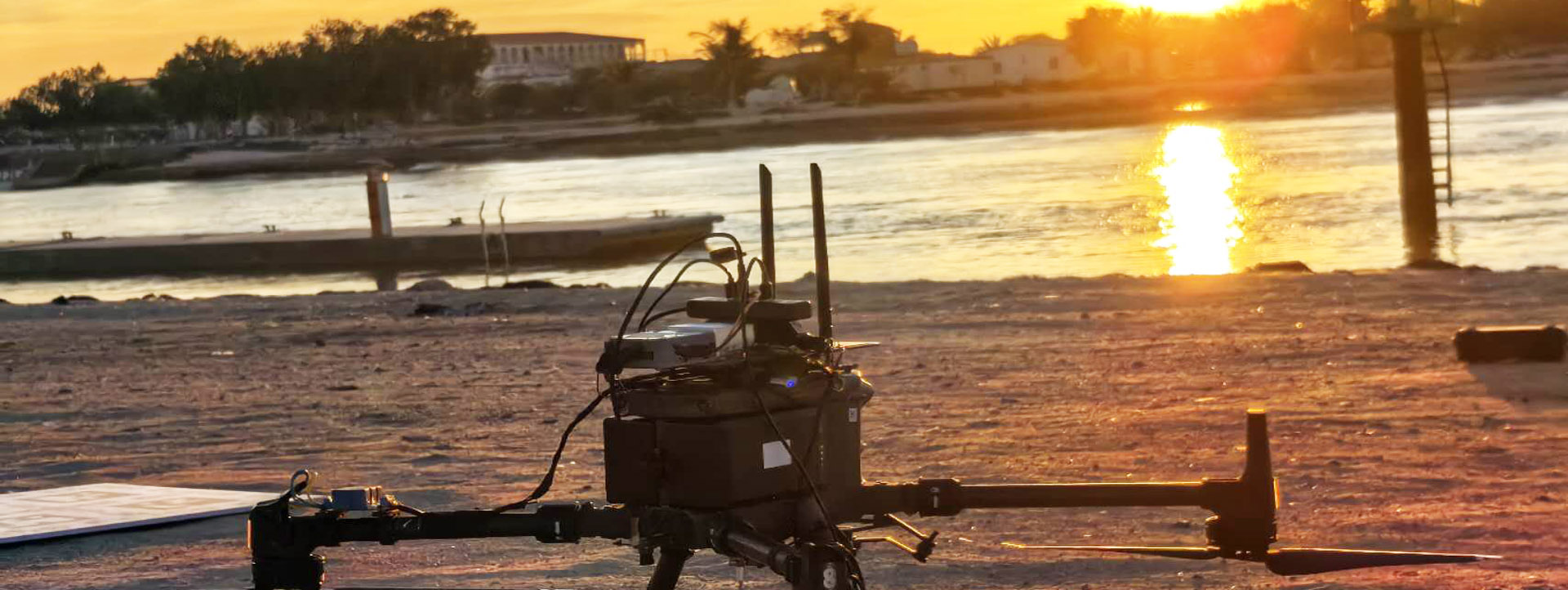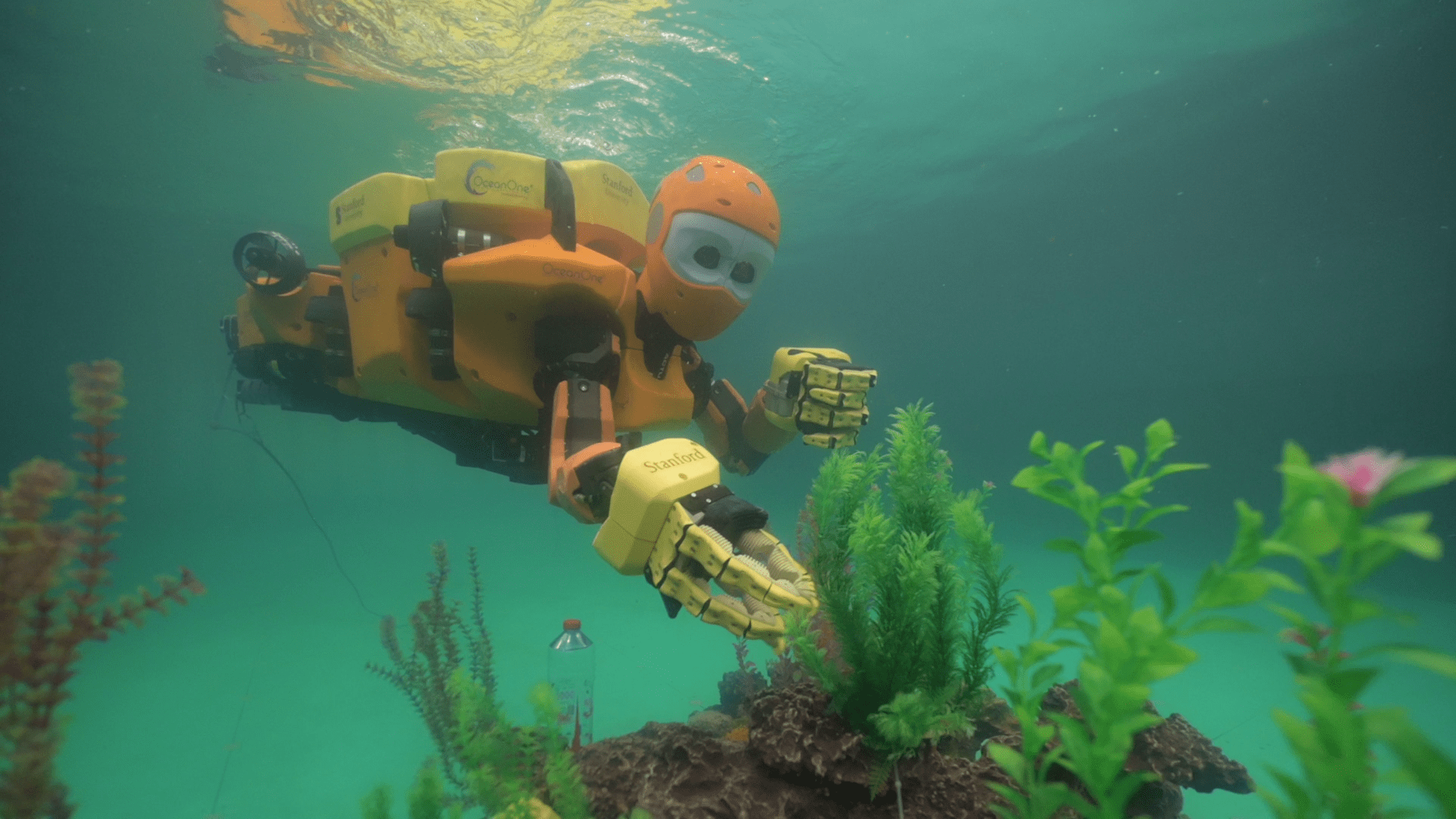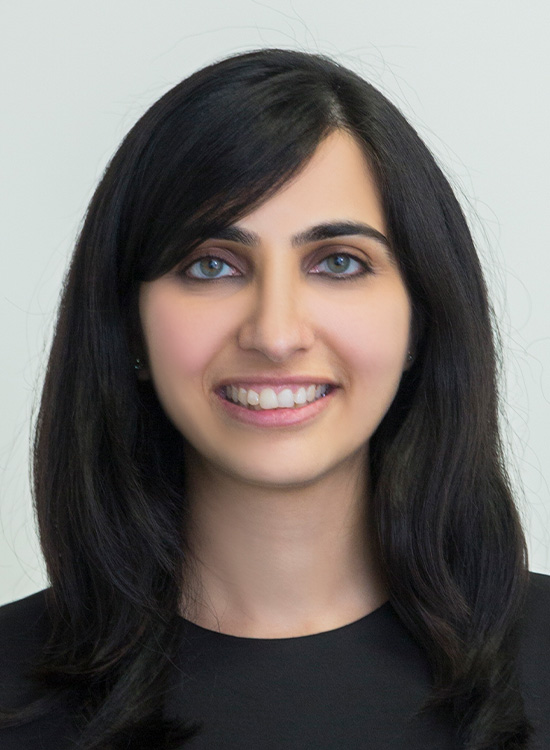
Dr. Malika Meghjani, Assistant Professor, Singapore University of Technology and Design, Singapore
Email: malika_meghjani@sutd.edu.sg
Website: https://www.malikameghjani.com/
Title: Marine Environment Monitoring and Search using Heterogeneous Multi-Robot Systems
Bio: Dr. Malika Meghjani is an Assistant Professor in the Computer Science and Design Pillar at Singapore University of Technology and Design (SUTD). She directs the Multi-Agent Robot Vision and Learning (MARVL) Lab, with the focus on algorithm design for efficient, reliable and scalable robots that can work independently and collaboratively with humans. Her research interests are in planning under uncertainty, reinforcement learning, computer vision, deep learning, and game theory. The applications of her work are in field robotics ranging from marine robots specifically, underwater and surface vehicles to aerial drones and self-driving cars as well as other ground vehicles in unstructured environments.
Malika has been cited by Analytics Insight in 2020 as one of the World's 50 Most Renowned Women in Robotics. She is also 2017 SMART Postdoctoral Scholar, 2015 McGill Scarlet Key recipient, 2013 IEEE Canada Women in Engineering Prize awardee and 2013 Google Anita Borg Scholar.
Abstract: Maritime applications such as environment monitoring and search can greatly benefit from heterogeneous multi-robot systems. In this talk, I will present our work on dynamic water quality monitoring, coral reef monitoring and search for drifting lost targets. The heterogeneity in the proposed multi-robot systems is showcased in terms of the robots in different domains as well as robots with different capabilities in the same domain. I will also highlight some of our efforts on learning-based heterogeneous multi-robot systems, the challenges encountered, and the lessons learned.

